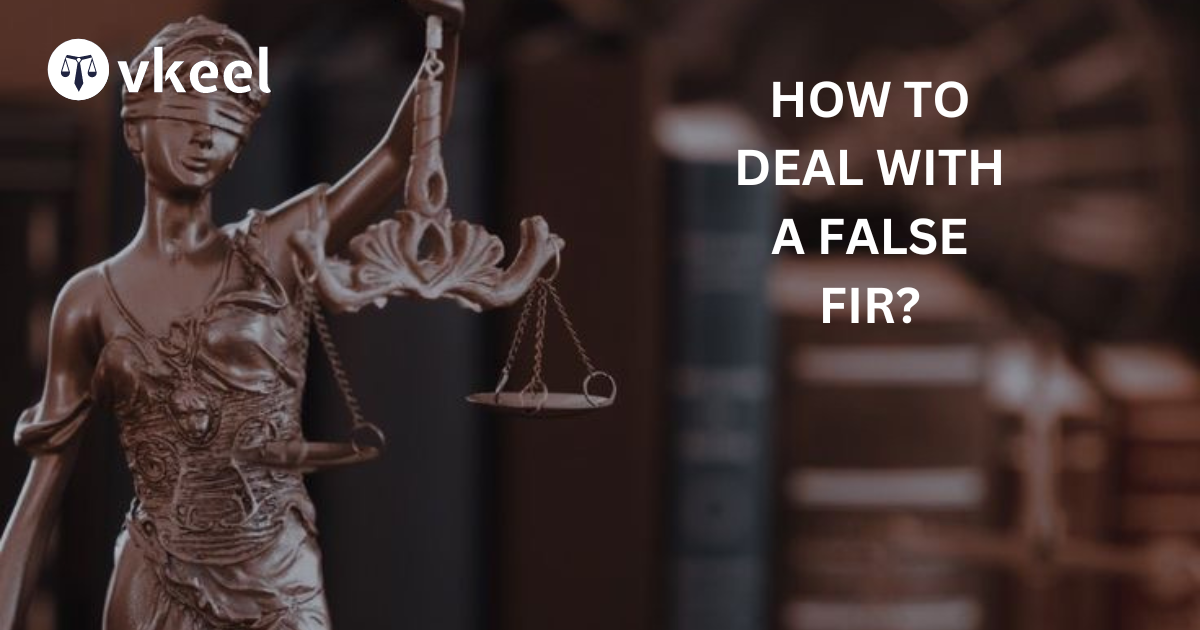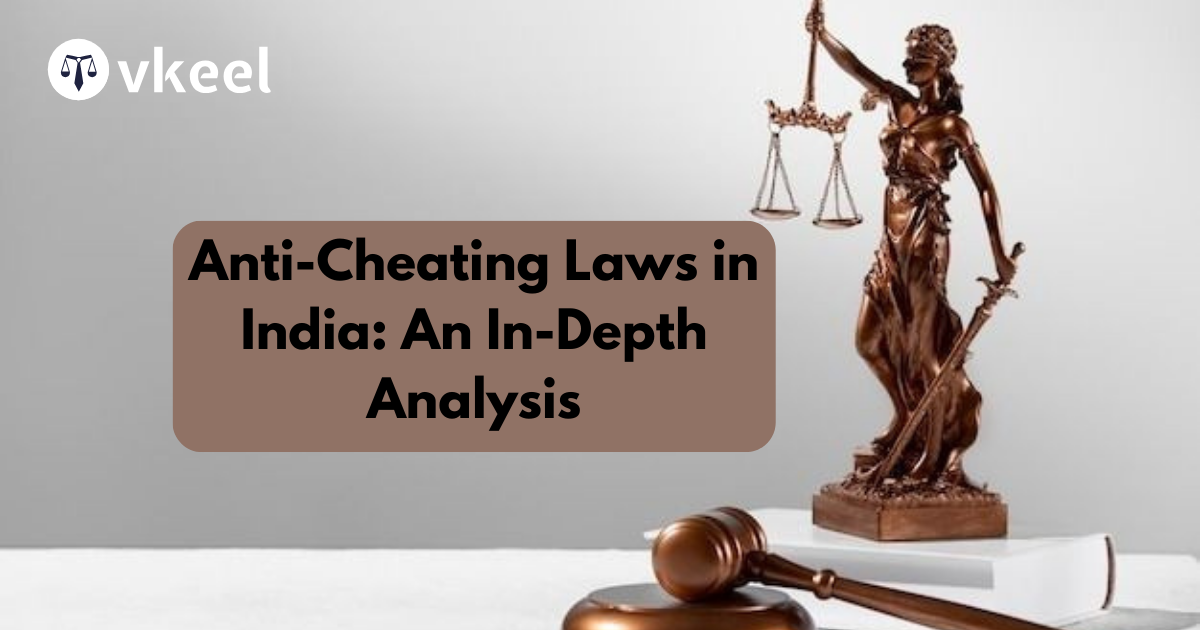How to Deal with a False FIR?
By Joy Puri
Table of Contents
Introduction
False FIRs can take their roots from various reasons and motives, including personal enmity or annoyance, financial disputes, politically boosted agendas, or even to divert attention from one’s own criminal activities of the person. The repercussions of a false FIR can be devastating for the accused, leading to loss of reputation, mental trauma, financial burden, and even wrongful imprisonment in some rare cases. Henceforth, it is crucial to understand the legal provisions surrounding false FIRs in India.
The Indian legal system also enumerates remedies for victims of false FIRs. The accused can file a counter-complaint against the person lodging the false FIR for defamation, malicious prosecution, or perjury, which generally vary on the circumstances of the case. Moreover, the courts have the authority to quash false cases at various stages of trial if it is established that the FIR was filed with mala fide intent by the concerned person.
False FIRs prove as a serious threat to the integrity of the Indian legal framework and can have negative consequences for the accused over the period of time. It is essential for law enforcement agencies, judicial authorities, and society as a common unit to work together in order to prevent and combat the filing of false FIRs and ensure that justice is served fairly and impartially to each and every individual in the society.
What is an FIR?
In Indian legal landscape, the First Information Report (FIR) is a formal written document which is filed by the police upon receiving information about the commission of a cognizable offense, as defined by the Indian Penal Code, 1860. The aforementioned is governed by Section 154 of the Code of Criminal Procedure.
The FIR initiates the whole process of criminal investigation and legal proceedings. It is said to be the 1st step of the criminal investigation, It is compulsory for the police to register an FIR upon receiving such information, with the details provided by the informant recorded accurately and signed by them. The FIR is the foundational document for subsequent investigative actions by the police, providing them the power to conduct inquiries, gather evidence, and take necessary legal measures.
Provisions within the CrPC outline the procedure for the investigation, including the examination of witnesses, submission of police reports, and thereby filing of charges if sufficient evidence is found against the accused by the concerned authorities. The FIR system ensures the prompt initiation of criminal proceedings and contributes to maintaining law and order in the country.
How to deal with a False FIR
Counter-Complaint for Defamation
In an instance where a person files a false FIR against another individual with the intention to defame them or tarnish their reputation, the victim of the concerned case can file a counter-complaint for defamation under Section 499 of the Indian Penal Code,1860. Defamation is stipulated as making or publishing a false statement that harms someone’s reputation. The victim can seek compensation for damages suffered due to the false accusations after the judgement of the court or as negotiation.
File for Anticipatory Bail
Anticipatory bail is a legal recourse which is available to the individuals who anticipate arrest in connection with a criminal case. It is essentially a pre-arrest bail, which entails that if granted, it protects you from being arrested for a specified period, usually until you are able to apply for regular bail or until the investigation completes.
Approach the High Court of the concerned state
The victims of false FIR can report their issue in the High court of the concerned state. The high courts possess the inherent powers to quash the FIR if they feel that the reasons listed by the accused are satisfactory. This power of the High Court are entailed in the provision 482 of CrPc.
Landmark Judgements
Arnesh Kumar v. State of Bihar (2014)
The Supreme Court of India in the aforementioned case issued guidelines to prevent the automatic arrest of the accused under Section 498-A of the Indian Penal Code and Section 4 of the Dowry Prohibition Act, 1961. The court deciphered that many complaints under these provisions were filed with ulterior motives, leading to harassment of the accused.
Preeti Gupta & Another v. State of Jharkhand & Another (2010)
In the above-mentioned case, the Supreme Court of India warned against the misuse of rape laws and enshrined that false rape allegations are put on not only destroy the reputation of innocent individuals but also undermine the credibility of genuine victims.
Ramgopal v. State of Madhya Pradesh (2010)
The Supreme Court ordered that filing a false complaint amounts to an abuse of the process of law, and such complaints should be dealt with strictly and be punished as they amount to a malafide intent of the complainant.
Conclusion
To improve the current situation in the country, various measures can be implemented by the legislators. At first, there is a need for charging severe penalties for those found guilty of filing false FIRs against innocent victims. By imposing harsher punishments, such as hefty fines or imprisonment, the deterrence factor can be significantly enhanced by the time. Moreover, establishing fast-track courts specifically dedicated to handling cases related to false FIRs can expedite the legal process, providing timely justice to the victims and reducing the burden on regular courts.
Furthermore, enhancing the police training and awareness programs can help in better identifying and investigating false complaints within the society. By imparting specialized training to law enforcement officers on hearing real cases rather than the fabricated ones, the number of false FIRs registered can be reduced over a period of time. In furtherance to that, implementing a system for scrutinizing complaints before registering an FIR can act as a preventive measure in the criminal trial, filtering out frivolous or malicious allegations at the early stage itself.
Disclaimer:
The information provided in the article is for general informational purposes only, and is not intended to constitute legal advice or to be relied upon as a substitute for legal advice. Furthermore, any information contained in the article is not guaranteed to be current, complete or accurate. If you require legal advice or representation, you should contact an attorney or law firm directly. We are not responsible for any damages resulting from any reliance on the content of this website.







